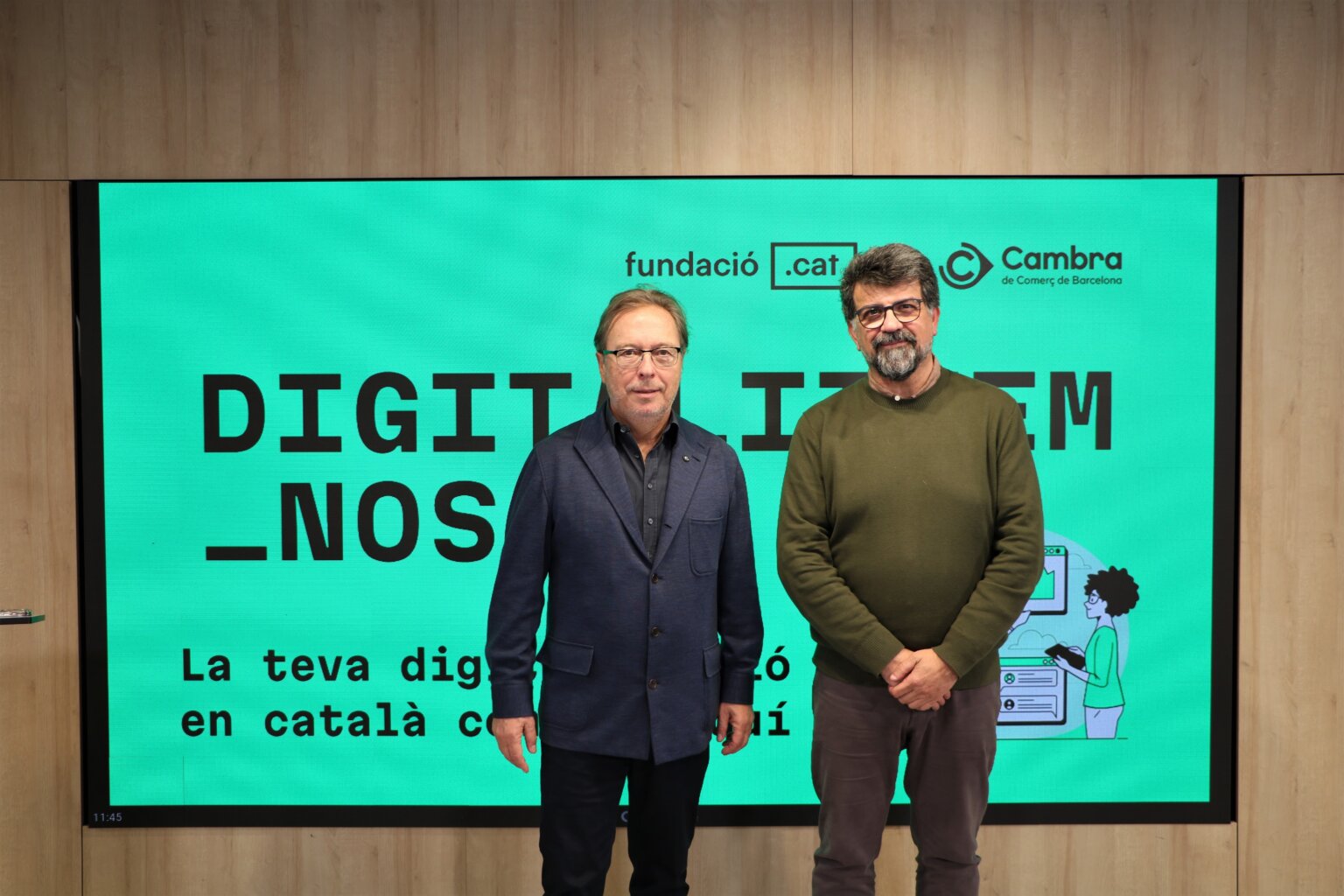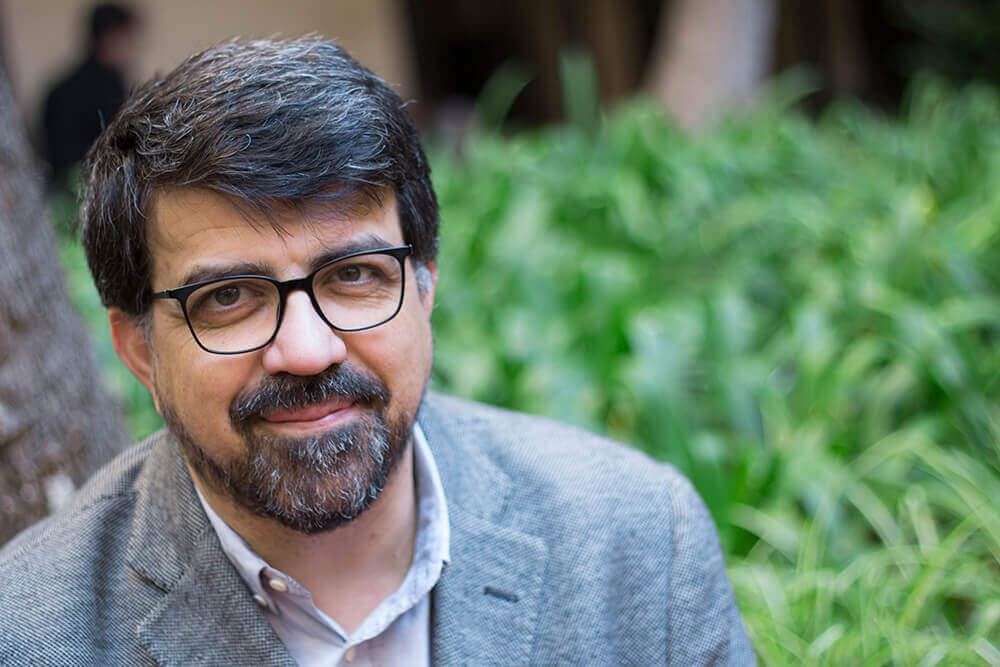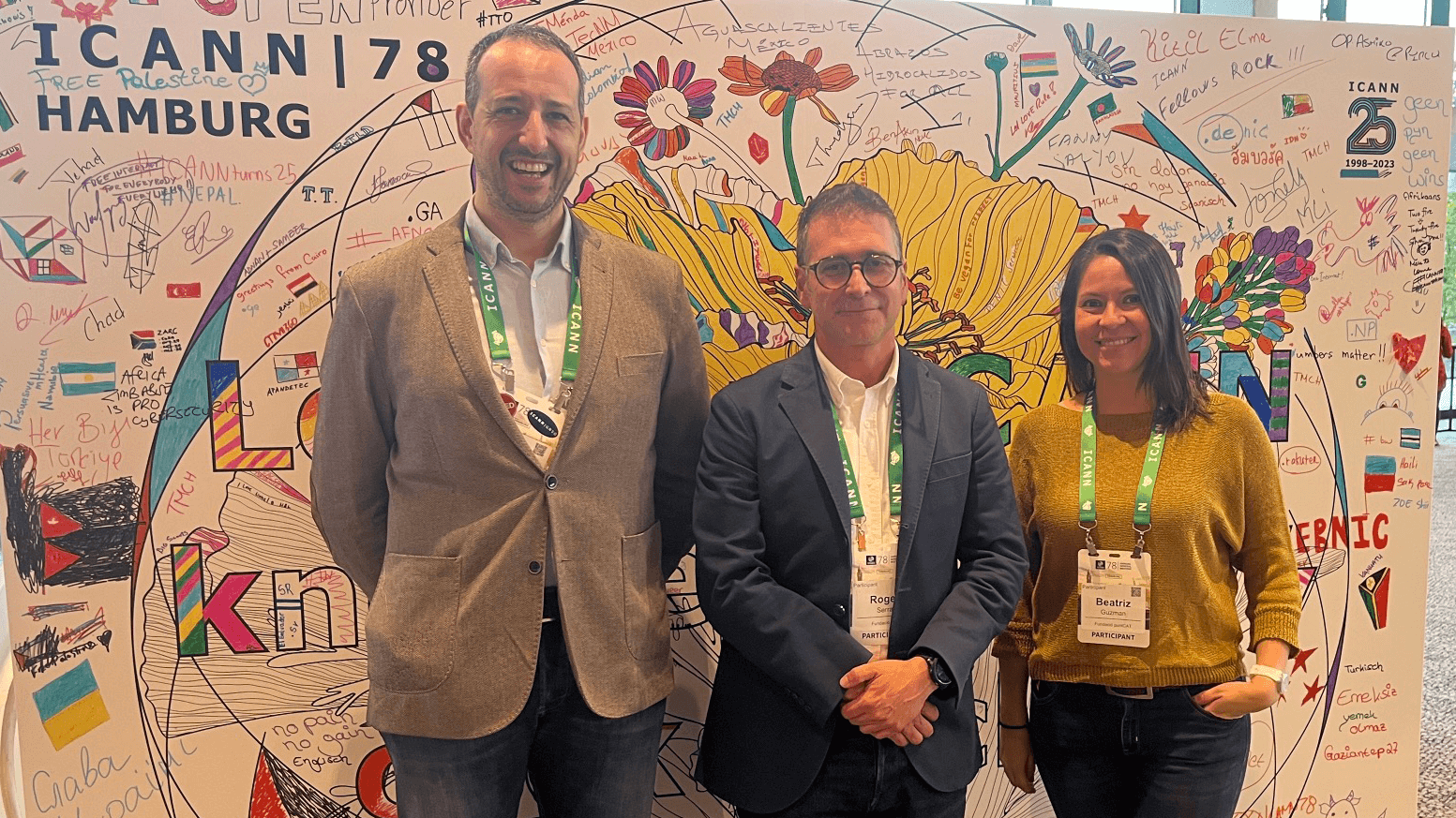“A nationwide strategy is required to ensure internet in every home, and people trained to use it”

FONT: Yan Krukov, de Pexels
Sònia Moragrega is the coordinator of the ECAS Social and Occupational Integration Committee. In this interview, we discuss how the digitisation process and the digital gap affect people working in third sector businesses and the social sector.
How do inequalities in the regular access and use of new technologies affect those working in this third sector?
The digital gap is related to the social and educational issues of people. Due to lockdown and the pandemic, the digital gap has widened and become much more evident. During the pandemic, we have been providing individualised support over the internet via video conferencing because on-site care is not possible.
A lot has happened in education. The fact that classes were taught online meant that many students were unable to follow them normally. There is bias with regard access in various groups.
Which groups have been most jeopardised by this situation?
Students on one hand, because the pandemic hit before the teaching system was really prepared. The elderly have also been affected, due to the bias in the use of new technologies. On the other hand, the pandemic has also affected vulnerable people a great deal, who had to communicate with the authorities to request financial aid or for any other kind of formality.
The businesses involved in providing support in occupational integration and guidance issues have seen how the digital gap is clearly a problem. Some groups obviously have great difficulties in using and accessing on-line programs to look for work. Different strategies must be generated to reach these groups.
You detected a lot of problems for the general public when processing the Universal Basic Income.
This financial aid must be processed online and is aimed at a vulnerable group, so the digital gap is a direct problem. This has led to very serious difficulties in accessing this Income.
It can be requested using an electronic signature or by filling in a form on a website. If you rule out the electronic signature, which very few people have and is complicated to obtain, this leaves just the form. The form is managed by an external company, so everything is very slow and the process takes an average of four months. Imagine what four months without being paid means to a person requesting the Universal Basic Income.
I see the digital gap as inequality among groups of the population in terms of accessing and having the minimum skills to be proficient in the digital world. There has been a shortage of training.
You talk about two different types of difficulty: use and access. What do you mean by this?
The two problems can be encountered together or separately. Some people do not have the skills to access from their home due to a lack of resources, and a great deal has been done through several channels to reverse this situation. This is now a bit easier because almost everyone has a mobile phone. A nationwide strategy is required to ensure internet in every home, and people trained to use it.
Ending the digital gap is not as easy. A specific plan is required to improve how people use digital resources. There are too many people for whom processing something online or arranging an appointment with the doctor over the internet is a real problem.
I see the digital gap as inequality among groups of the population in terms of accessing and having the minimum skills to be proficient in the digital world. There has been a shortage of training. Perhaps the organisations are more dedicated to this, through digital literacy, which should be implemented across the board for it to work.
Who are the Next Generations and what opportunities do they rouse?
This is a financing structure based on European Social Funds to respond to the financial crisis related to the pandemic. The funds will reach the State, and its ministers will organise various occupational and economic recovery programmes using them.
This is where different opportunities lie. We hope they will be used to create more jobs in the so-called green, blue, digital, and care economies. The country’s recovery must run parallel to the creation of new jobs linked to future economies.
Insofar as digitisation is concerned, this is one of the economies in which we have seen more will be invested from now on, and this can lead to more jobs and added value.
At ECAS we have been developing a process digitisation project for some time now, which we use with the people we guide and advise on work-related issues. The aim is to replace the more on-site part of the guidance and integration process, provided the situation of the individual allows as such.


